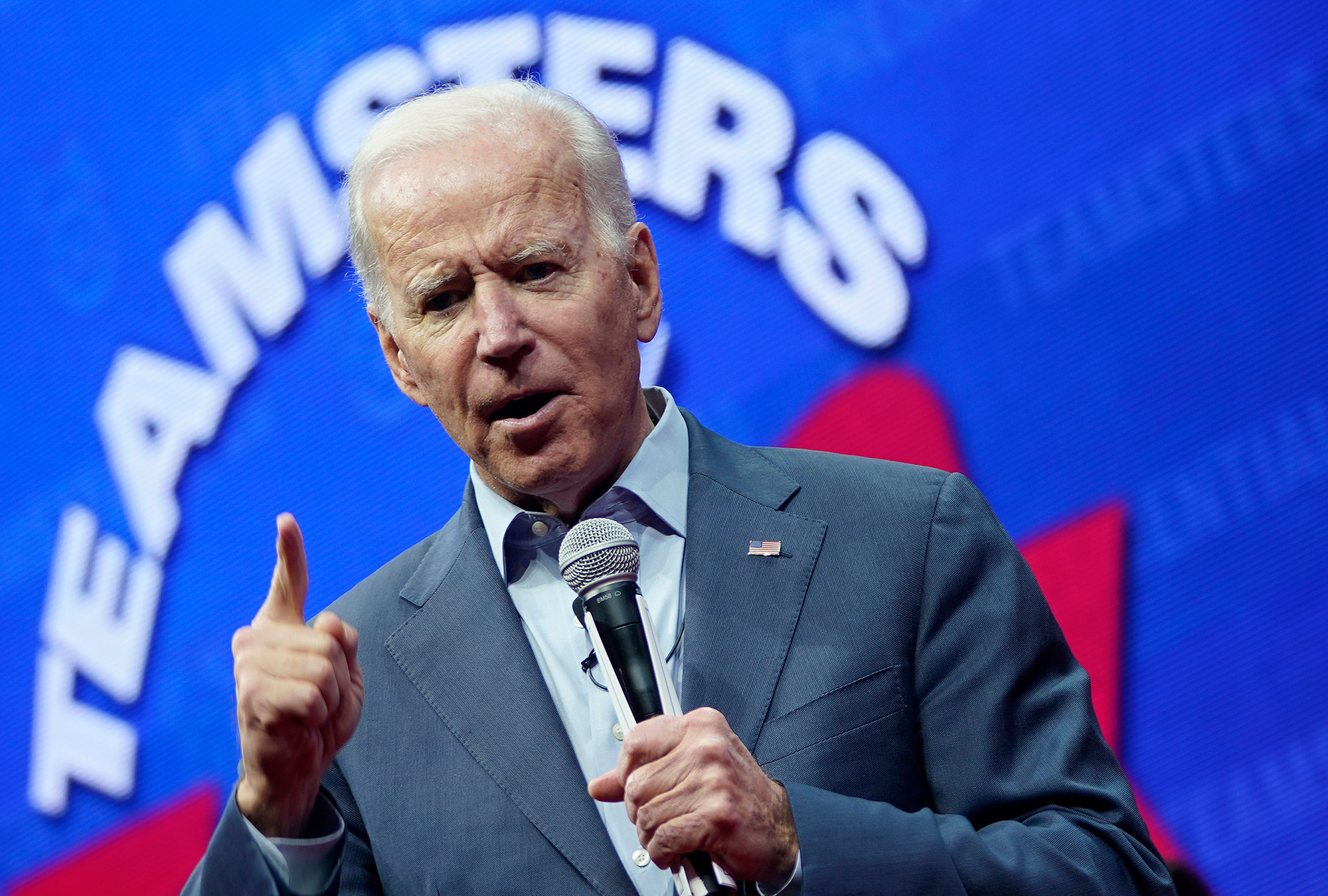President Joe Biden is confronted with a significant predicament that may shape his chances for re-election in 2024. The challenge lies in balancing the expectations of young voters and Latinos, who supported him in 2020 and are eager for him to fulfill his day-one promise of immigration reform.
However, a recent poll indicates that nearly two-thirds of U.S. adults believe Biden should adopt a tougher stance on immigrants crossing the border.
Former President Donald Trump is advising Republicans to let the immigration issue escalate, providing him with ammunition against Biden in the upcoming elections. Despite Biden’s inclination to address the issue in ways preferred by Republicans, Trump’s directive complicates the situation, creating a lose-lose scenario for the GOP.

Why Joe Biden is Unlikely to Succeed with Bill Clinton’s Immigration Tough Talk Strategy (Credits: Bloomberg)
Drawing parallels with Bill Clinton’s 1996 dilemma, where getting tough on the border had lasting implications, Biden appears poised to follow a similar approach. Recent remarks from Biden suggest a willingness to make significant policy changes, including modifications to the asylum system, in an attempt to control the border and appeal to more moderate, independent, and Republican voters.
However, this strategy has irked the progressive wing of the Democratic Party, expressing concerns about potential negative impacts on immigrant communities and the party’s progressive base. Despite the internal strife within the GOP, it seems unlikely that Republicans will challenge Trump, making the situation politically challenging for Biden.
Biden’s gamble on addressing immigration as a way to neutralize Trump’s attacks is not without its critics. Progressive voices argue that such an approach could alienate key segments of Biden’s base, leading to a drop in support and enthusiasm among young voters and Latinos. Polls indicate a decline in support within these crucial sectors of Biden’s winning coalition.
Republican strategist Mike Madrid suggests that immigration has been overemphasized by certain Democratic voices, asserting that it is an outdated narrative. With traditionally blue states calling for action on what is labeled the “Biden border crisis,” the idea of the U.S. being a “nation of immigrants” seems to be fading.
Biden’s potential reliance on issues like the economy, women’s rights, and threats to democracy to motivate his base amid the immigration dilemma is a calculated gamble. The historical context of Clinton’s tough stance on immigration in 1996 is considered, but the landscape has changed with a larger eligible Latino voter population.
Biden’s strategy does not seem geared towards expanding the Latino base in 2024, raising questions about the potential repercussions of disappointing a demographic that played a significant role in his 2020 victory.
In the face of shifting political dynamics and a complex immigration landscape, Biden’s choice to align with a more restrictive approach to immigration remains a gamble with uncertain outcomes. The challenge for Biden lies in navigating a delicate balance that satisfies key voter groups while avoiding alienation and potential electoral consequences.























